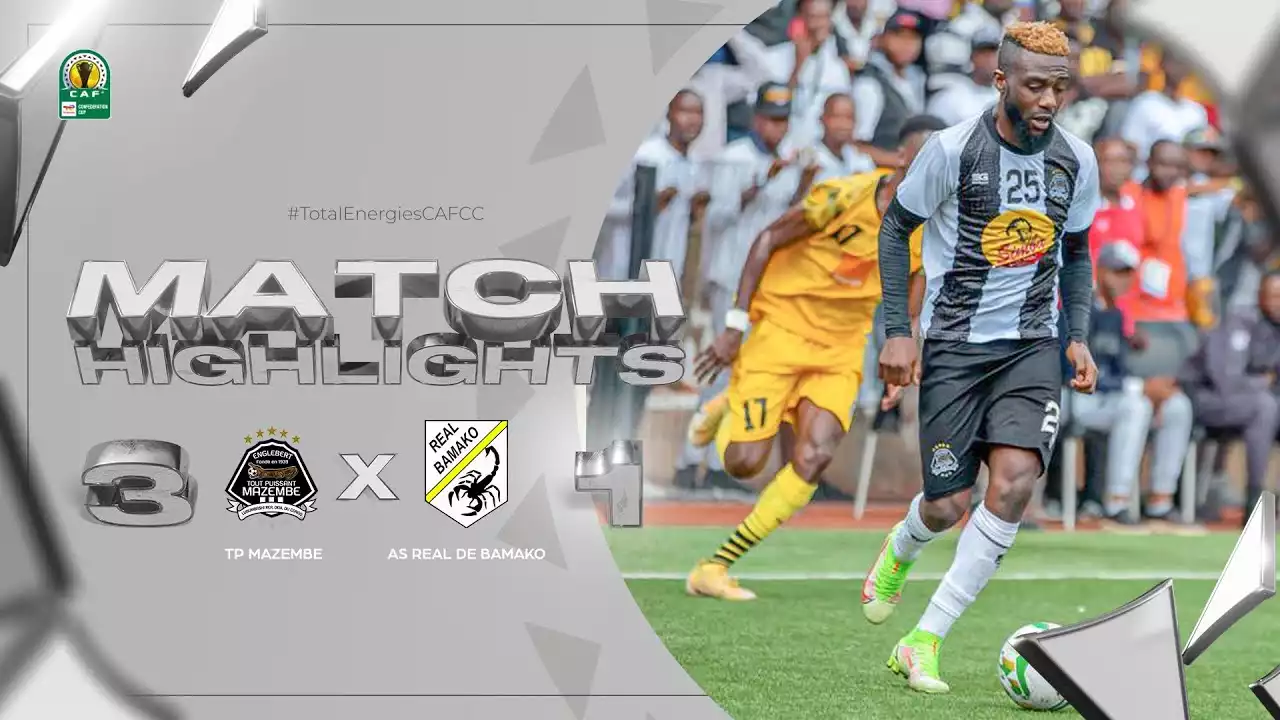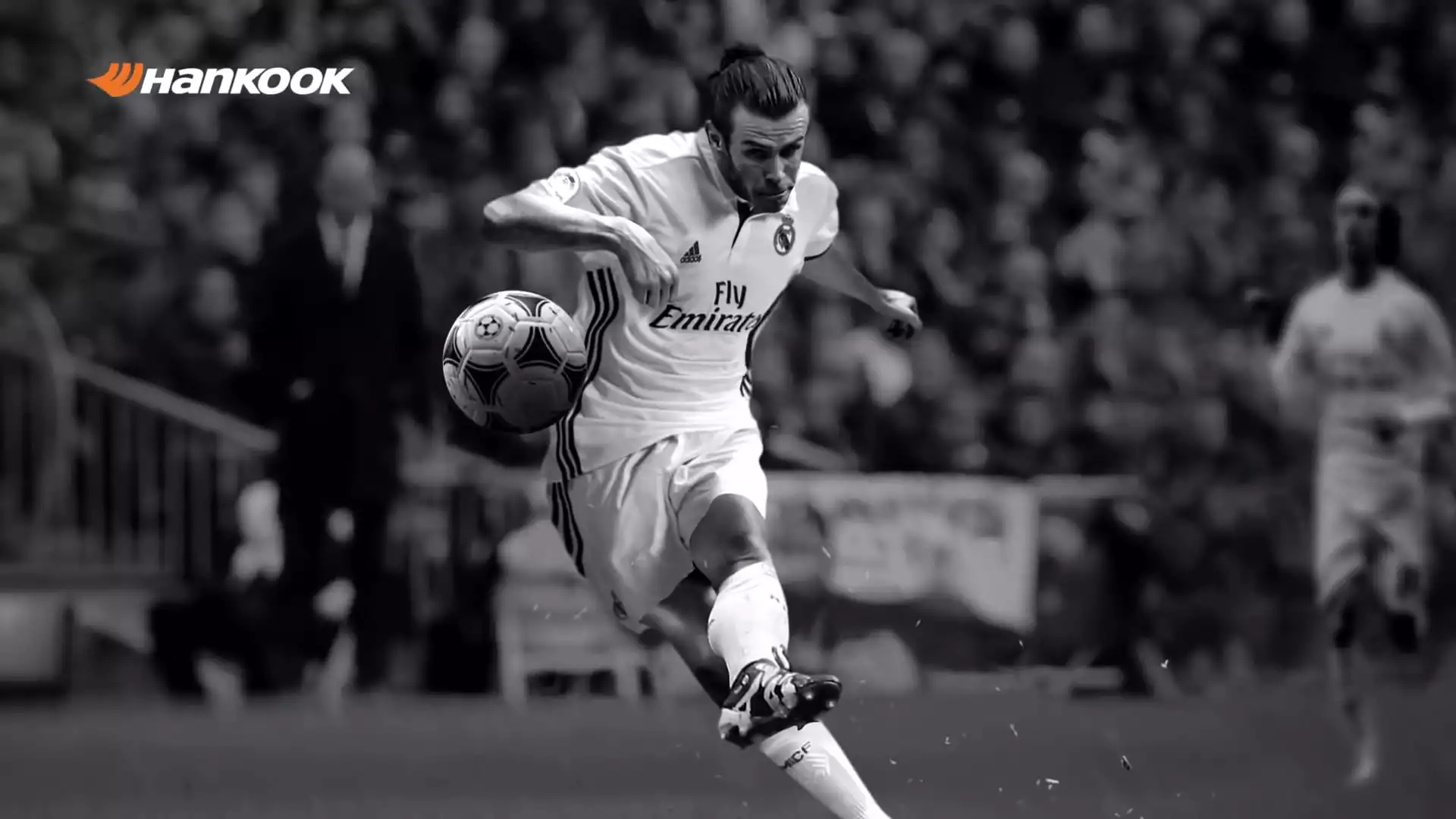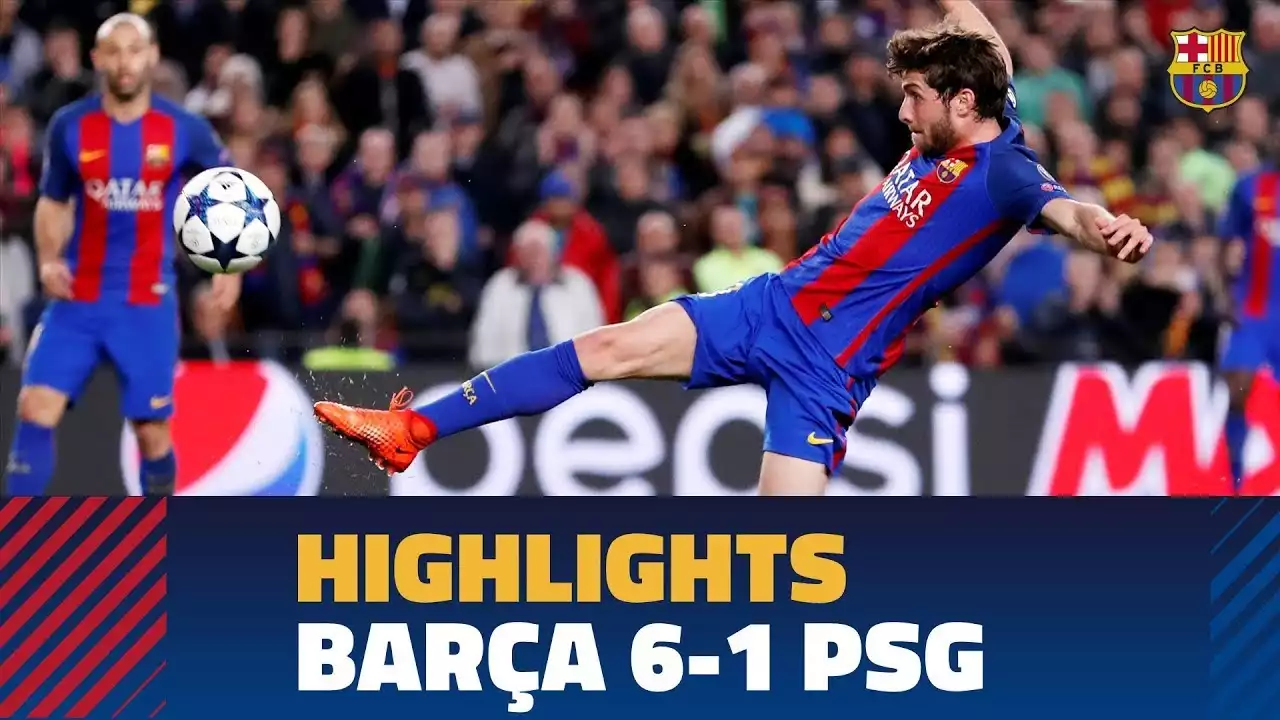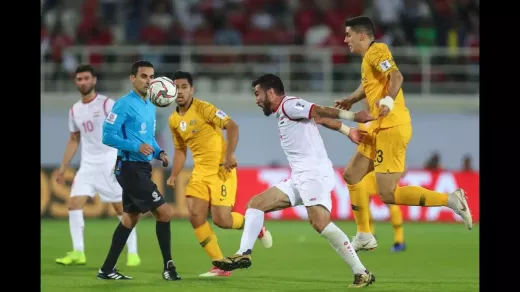The dominance of traditional football powerhouses
For decades, established football powerhouses have dominated the FIFA Club World Cup. Teams like Real Madrid, Barcelona, and Bayern Munich have consistently been the favorites, with their star-studded squads and impressive track records. These clubs have a rich history of success in their respective leagues and continental competitions, making them the teams to beat in the Club World Cup.
Their dominance is evident in the number of titles they have won over the years. These clubs have showcased their superiority on the global stage, reaffirming their status as football giants. However, amidst their dominance, there have been remarkable instances where underdogs have managed to break through and steal the spotlight.
Underdogs: Definition and examples
Underdogs, in the context of football, are teams that are considered unlikely to win or perform well in a competition. They are often outmatched on paper, with fewer resources, less star power, and lower expectations. However, what they lack in stature, they make up for with sheer determination and a never-say-die attitude.
Examples of underdog teams in the FIFA Club World Cup include the likes of Mazembe from the Democratic Republic of Congo, Auckland City from New Zealand, and Al Ain from the United Arab Emirates. These teams represent nations or regions that are not traditionally associated with football powerhouses, making their achievements even more remarkable.
Unforgettable upsets in the history of the FIFA Club World Cup
Throughout the history of the FIFA Club World Cup, there have been several unforgettable upsets that have left fans in awe. These David vs Goliath encounters have showcased the magic of football, where anything can happen on any given day.
One such iconic upset occurred in 2010 when TP Mazembe, representing Africa, defeated the South American giants Internacional from Brazil in the semifinals. Mazembe became the first team from outside Europe and South America to reach the final of the Club World Cup, defying all expectations. Although they eventually lost to Inter Milan in the final, their remarkable journey captured the imagination of football fans worldwide.
Tactics and strategies used by underdog teams
Underdog teams often employ specific tactics and strategies to level the playing field against stronger opponents. One common approach is to adopt a defensive-minded game plan, focusing on solidifying their defense and looking for opportunities to counterattack. By staying organized at the back and catching their opponents off guard, underdogs can create scoring opportunities and disrupt the rhythm of their more dominant counterparts.
Another strategy employed by underdog teams is to play with high intensity and energy, pressing their opponents relentlessly and not giving them time on the ball. This can lead to mistakes and turnovers, giving the underdogs a chance to capitalize on the errors and create scoring chances.
The impact of underdog victories on the football world
When underdog teams defy the odds and emerge victorious in the FIFA Club World Cup, it sends shockwaves through the football world. These unexpected triumphs inspire hope and belief in the hearts of fans and players alike. They prove that football is not just a game of statistics and predictions but a sport where passion and determination can overcome the greatest of obstacles.
Underdog victories also bring attention to lesser-known leagues and footballing nations, shining a spotlight on their talent and potential. This increased exposure can lead to greater investment in grassroots development and infrastructure, ultimately raising the overall standard of football in these regions.
The rise of underdog stories in recent years
In recent years, underdog stories in the FIFA Club World Cup have become more frequent, captivating fans around the world. As football continues to globalize, the gap between traditional powerhouses and emerging footballing nations has narrowed, allowing for more competitive matches and surprising outcomes.
One notable underdog story in recent years is the rise of Kashima Antlers from Japan. The club has consistently performed well in the Club World Cup, reaching the final in 2016 and giving a strong fight against Real Madrid. Their success has showcased the growing strength of Asian football and the potential for underdog teams to make their mark on the global stage.
Key players who led underdog teams to victory
Behind every underdog victory in the FIFA Club World Cup, there are often key players who rise to the occasion and lead their teams to glory. These players become instant heroes and legends, etching their names in the history books of the tournament.
One such player is Mohamed Aboutrika, who played a pivotal role in guiding Al Ahly from Egypt to the final of the 2006 edition. Aboutrika's skill, vision, and leadership were instrumental in his team's success, earning him the tournament's Most Valuable Player award. His performances not only inspired his teammates but also caught the attention of football fans worldwide.
Lessons that businesses can learn from underdog teams in the FIFA Club World Cup
Beyond the realm of football, there are valuable lessons that businesses can learn from underdog teams in the FIFA Club World Cup. These lessons can be applied to various aspects of business, from marketing to leadership, and can help organizations find success even in challenging circumstances.
One lesson is the importance of belief and resilience. Underdog teams often face overwhelming odds, but they never lose faith in their abilities. This unwavering belief drives them to work harder, innovate, and find creative solutions to overcome obstacles. In business, having a strong belief in one's vision and the resilience to persevere through setbacks can lead to breakthroughs and success.










